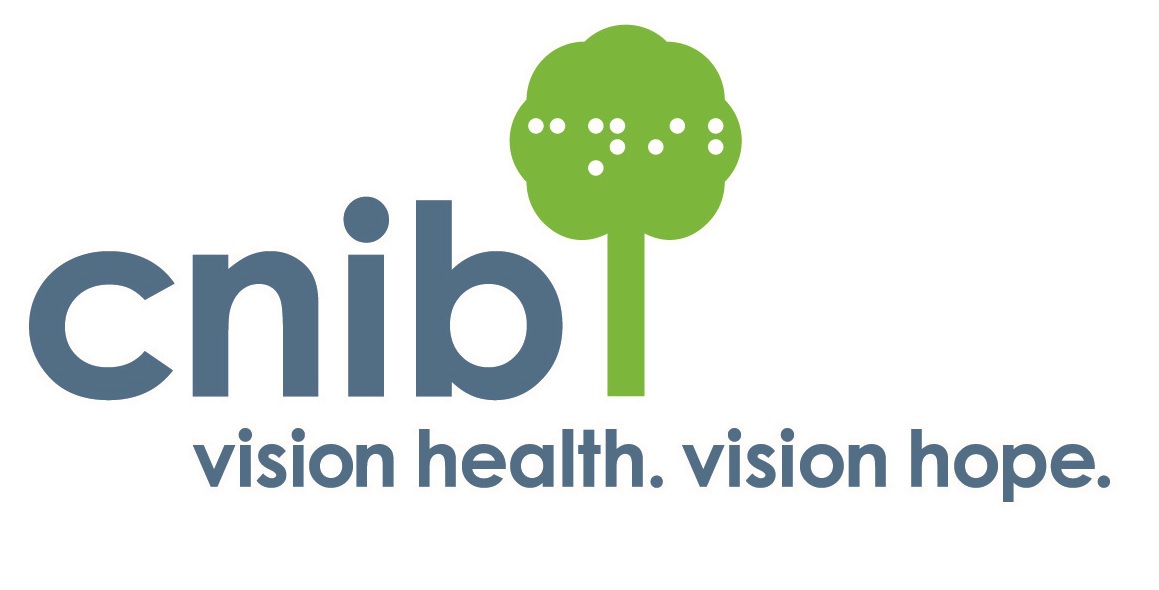Press Release 26 April 2017
Volunteer Puppy Raisers Needed in Toronto, Winnipeg and Halifax
The Canadian National Institute for the Blind (CNIB) is beginning its 100th year with the launch of the CNIB Guide Dog Programme to raise and train guide dogs – exclusively for people with sight loss. The programme’s first two puppies have arrived in Canada, with more pups expected over the next year. The first puppies are expected to graduate from their training and be matched with users in late-2018.
CNIB is seeking animal lovers in the Toronto, Winnipeg and Halifax markets who would like to be Puppy Raisers by taking a puppy into their home from the age of eight weeks to about 12 to 15 months of age, when formal guide dog training begins. The Puppy Raiser’s role is to provide a loving home to a puppy in training and to help prepare the pup through a supervised obedience and socialization skills program overseen by CNIB. All costs will be covered by CNIB.
“The CNIB Guide Dog Programme has been designed to provide the range of choices and services that Canadians with sight loss have told us they want,” said John Rafferty, CNIB President and CEO. “Our focus is to train guide dogs to specifically meet their needs, with training philosophies that maximize success and a suite of supports to ensure every guide dog user has full enjoyment of their guide dog.”
There are almost half a million blind and partially sighted people in Canada. For some, a guide dog provides an unparalleled level of mobility, freedom and confidence —opening up the world in a whole new way. While other guide dog training programs exist in Canada and internationally, CNIB’s new Guide Dog Programme will increase the number of Canadian-trained dogs and expand choices and opportunities for people who want to become guide dog users.
CNIB has begun the process of gaining accreditation from the International Guide Dog Federation for the programme, which will include the following features:
- A blindness focus: CNIB will only train dogs to work as guide dogs for blind and partially sighted users.
- The highest quality standards: CNIB will be working with Golden and Labrador Retrievers and crosses thereof, from top quality guide dog breeders.
- Flexible training options: Guide dog training will be tailored to the needs of each guide dog partnership, and may include options to train from centralized locations or in the user’s home community.
- No cost to the user: Guide dog users will not pay for their dog, the training or the follow-up support provided by CNIB. All costs will be covered through charitable donations.
- A full suite of value-added services: CNIB will provide follow-up support throughout the dog’s working life, including additional and refresher training, peer support and social groups.
- A commitment to rights: CNIB will advocate with guide dog users to increase public awareness and break down barriers that impede accessibility and infringe on their rights.
Visit cnibguidedogs.ca for more information about the CNIB Guide Dog Programme, including how to apply to be a volunteer puppy raiser or stay up-to-date on the programme.
About CNIB
CNIB is a registered charity, passionately providing community-based support, knowledge and a national voice to ensure Canadians who are blind or partially sighted have the confidence, skills and opportunities to fully participate in life. To learn more, visit www.cnib.ca
